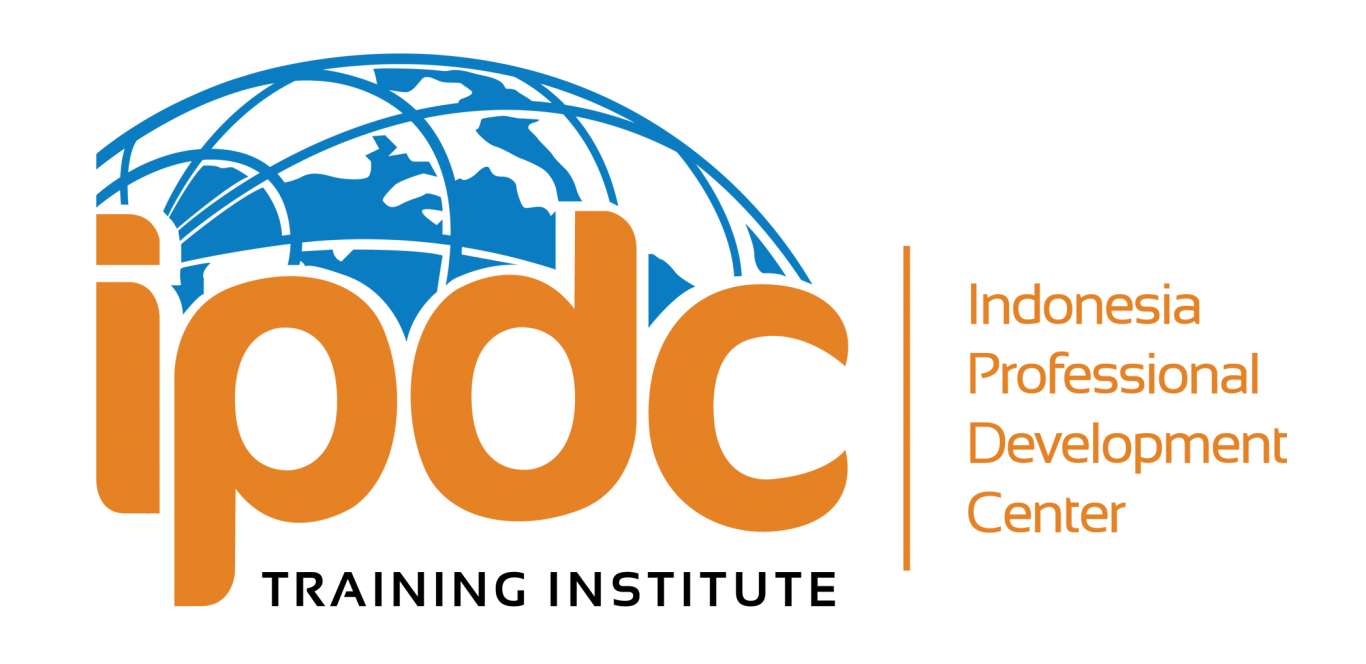

Wed, Mar 06
|Indonesia
Hazardous Waste Management and Pollution: Contamination & Hazardous Waste - Management & Prevention
This training is addressed to provide further knowledge about the types of contaminants, the latest issue of contamination, and how to eliminate or minimize these contaminants.
Time & Location
Mar 06, 2024, 8:00 AM – Mar 08, 2024, 5:00 PM
Indonesia
About The Training
OVERVIEW
Contamination may arise as a result of human activities on the environment discuss the overwhelming pollution caused by human activities, which can be prevented and controlled. All the business sectors, from large industry, and healthcare to small businesses, and farm households contribute to generating hazardous waste. Contamination can occur in several forms such as ground and surface water, soil, air, radioactive, food, noise, mold, odors, construction, and vibration. etc. Pollution that is not handled properly and professionally will always be a health problem and a bad influence on the environment. That’s why, every business and company should take care of their environment and give extra attention to their waste management and pollution. By having the proper waste management and pollution the companies or industries might contribute to preventing and reducing the generation of hazardous waste by industry and society generally, maximizing the collection of hazardous waste to reduce the…




















